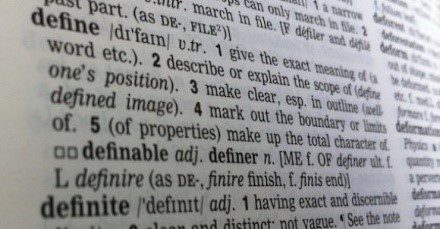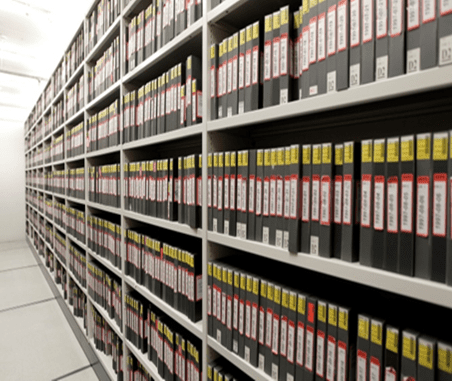Managing and Archiving Records
Every organization is responsible for maintaining records. The ability to create, organize, and maintain records and archives is essential to success. Correct records keeping will not only offer liability protection; it will also increase efficiency and productivity. To put it simply, maintaining records and archives will improve the bottom line.
efficiency and productivity. To put it simply, maintaining records and archives will improve the bottom line.
Understanding Records
Records are in every organization. From purchasing receipts to tax documents to communications, they need to be identified and managed properly. The method of records management that a company uses should be tailored to fit the needs of the organization. There are, however, some basic concepts in most systems.
What is Records Management?
These systems will create uniformity and understanding. Regardless of how the system is organized, the management will affect the way that data is collected, stored and accessed.
Aspects
- Establish a company filing system that is uniform
- Determine the storage of physical, confidential records
- Develop programs for consistent management of records
- Create archives and resource libraries.
Defining Records
- All records are documents, but not all documents are records. A document can be a contract, email, business negotiation, etc. If it relates to the legal obligations, evidence, or business transactions, the document becomes part of the legal record. When identifying a record, it is necessary to consider the purpose of the document.
- Is it personal, or business?
- Does it relate to a transaction?
- Does it reflect any company action or activity?
- Does it have legal implications?
Once a document has been identified as a record, it must be carefully maintained for future use.
Archives vs. Records
Records can become part of archives. Archives are records that are no longer current but are preserved past average records. Records are kept for varying lengths of time, depending on what they are. Once documents pass the necessary time for storage, they are disposed of, or they are placed in archives. Archives typically have a historical, political, or legal reasons. They have value for the long-term. For example, documents that provide legal protection might be archived along with the founding documents of an organization. When choosing to dispose of documents in records, or keeping them, remember that only a few of the documents will be archived. Archives may be stored on site, although some institutions will keep them offsite. Larger organizations with multiple locations are more likely to use offsite archives.
With this course, you will discover the basic elements of these programs and different ways to manage records.
Course Objectives:
- Define records and archives
- Analyze records in context
- Classify records
- Understand different systems
- Maintain and convert records








Reviews
There are no reviews yet.